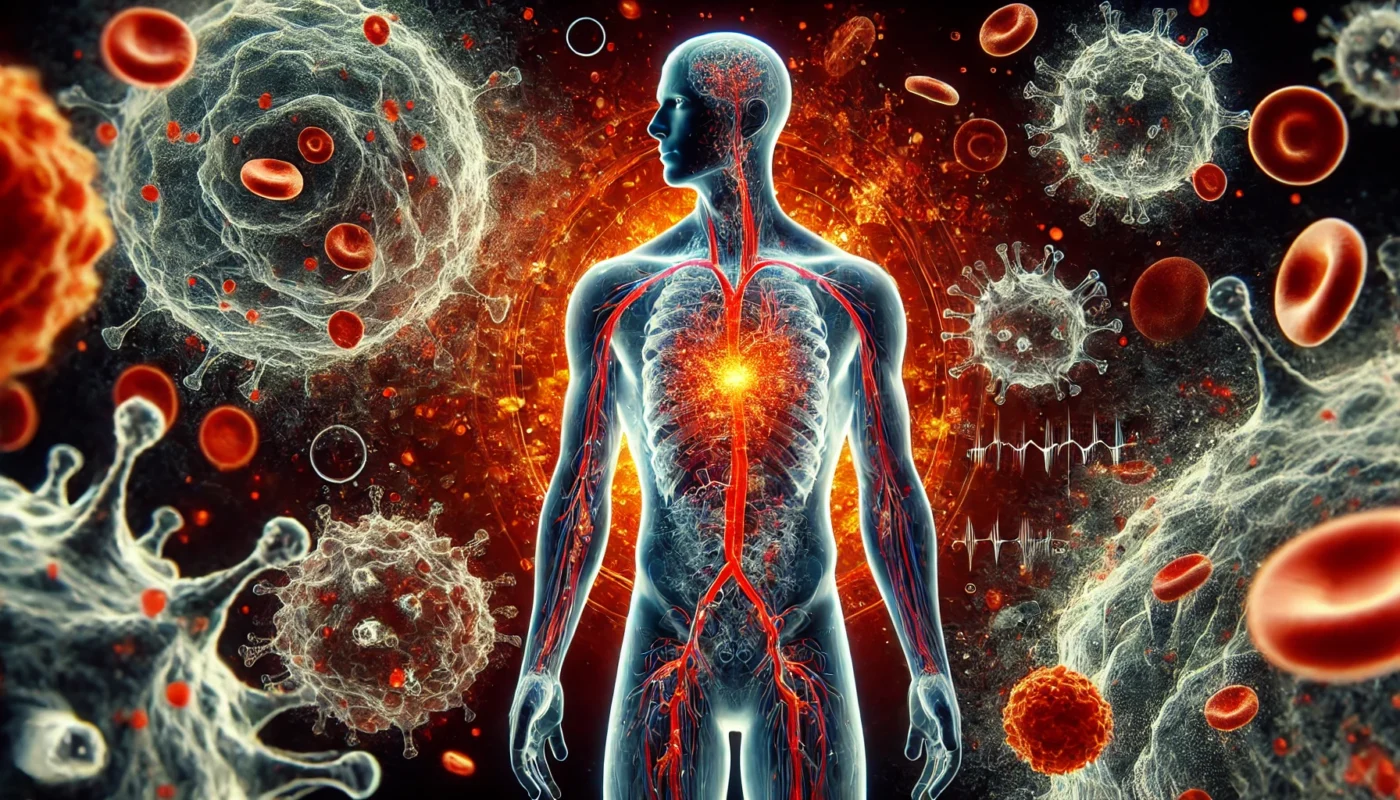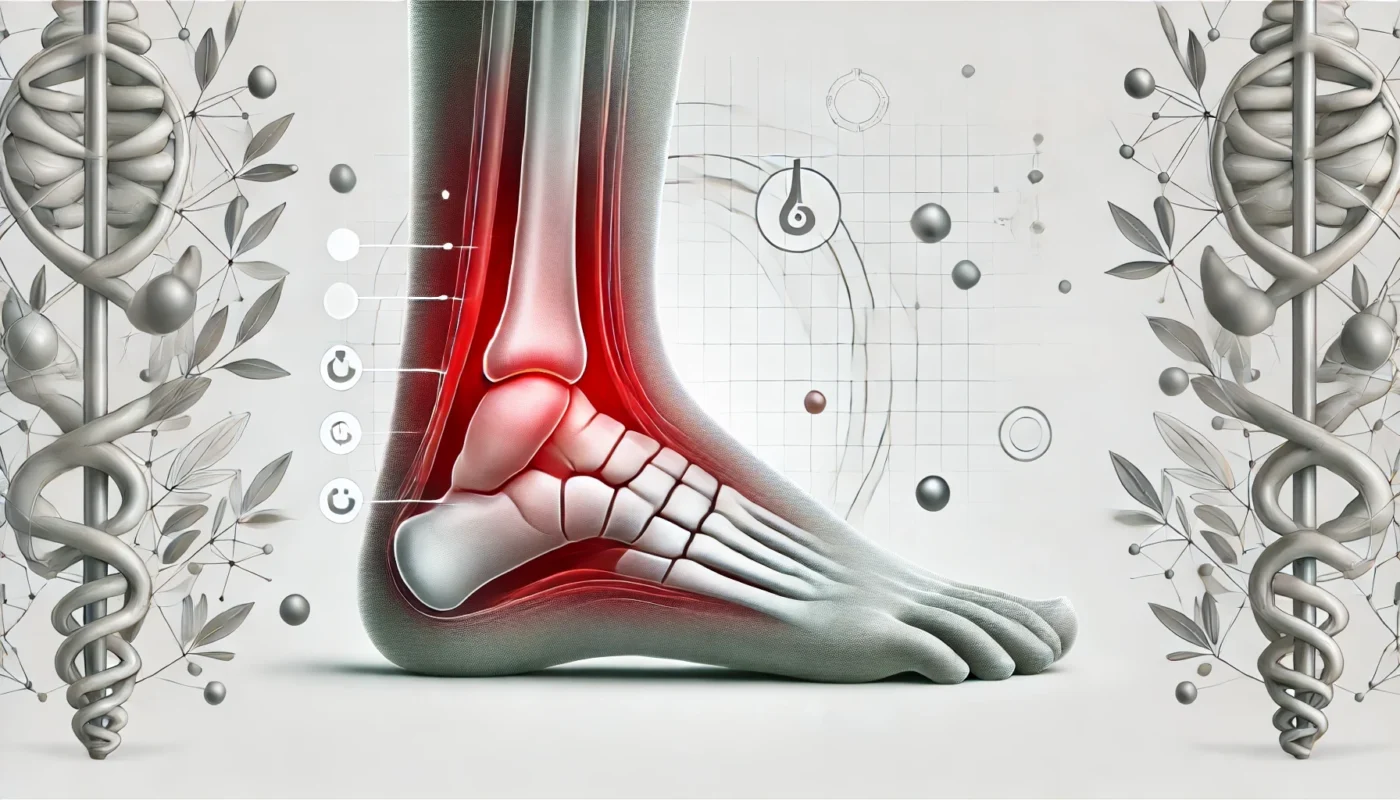Inflammation is the body’s way of protecting itself from infection, illness, or injury. It is a complex biological response to harmful stimuli such as pathogens, damaged cells, or irritants. Essentially, inflammation is the body’s attempt to heal itself after an injury, defend itself against foreign invaders, such as viruses and bacteria, and repair damaged tissue.
Tag Archives: Symptoms
Immune inflammatory diseases, often referred to as autoimmune diseases, occur when the body’s immune response turns against its own tissues, leading to inflammation. This inflammation can affect various parts of the body, including the joints, skin, and organs. Understanding the mechanism of these diseases is essential for managing and potentially mitigating their impact on health.
Swelling, or edema, is the result of an accumulation of fluid in the body’s tissues. This condition can occur due to various factors, including injury, infection, or chronic diseases such as heart failure or kidney disease. While swelling is a common bodily response, it can be uncomfortable and may indicate an underlying health issue that requires attention.



